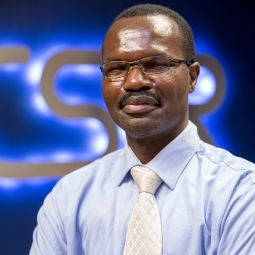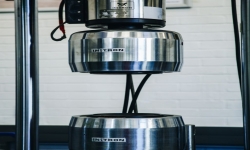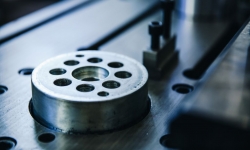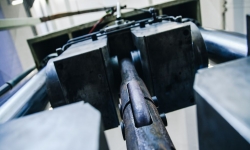Mechanical testing laboratory
The CSIR mechanical testing laboratory determines the mechanical properties of metallic and ceramic materials, and powder compacts. Depending on the scope of the work required, other materials, like polymers, glass and composites, are also tested. The testing is critical as it indicates the performance of materials when subjected to stress.
The facility started as a support unit for R&D in light metals but has, over the years, extended its services to support local and international clients. South African universities now also regularly use the facility for specialised tests. The facility takes part in international proficiency tests to qualify materials and approve test methods.
The mechanical testing laboratory was used for the qualification of materials used in the construction of what will be the world’s largest telescope, the Square Kilometre Array, and advanced materials testing for Eskom’s power stations. In addition, the laboratory tested materials for the construction of the Nelson Mandela Bridge and the 2010 soccer world cup stadia. All the tests are International Organization for Standardization/International Electrotechnical Commission 17025:2005 accredited, making the facility an attractive option to many industrial clients, especially for material qualification.
The mechanical testing laboratory collaborates with other test facilities – such as inspection, testing, verification and certification companies – Scaw metals, Security Metal Products, the South African Bureau of Standards, Cermalab and Transnet.
Mechanical testing capabilities:
- Tensile testing at room temperature
- Tensile testing up to 650°C
- Fatigue testing (low-cycle and high-cycle fatigue)
- Fatigue crack growth rates
- Fracture toughness
- Compression testing
- Bend testing (three-point bend test)
- Diametral compression test
- Limited component testing (such as fishhooks and handcuffs)
- Strain gauging of specimens and components during testing





